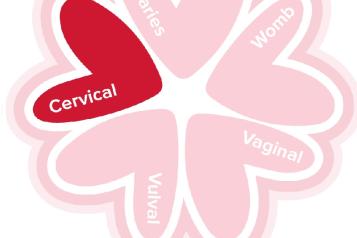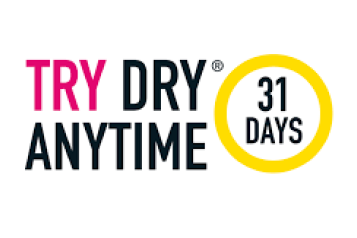Know Your Numbers Week

Just under 4 million adults living in the UK aged 18-64 could be living daily with undiagnosed high blood pressure, increasing their chances of stroke, heart attack, kidney disease, or unnecessary premature death. That’s according to a new consumer poll by national charity, Blood Pressure UK which found nearly one in ten of the UK population has never had their blood pressure checked.
Given salt intake is a major cause of high blood pressure and with one in five Brits (20%) surveyed consuming nearly double (11.8g) the NHS’s recommended amount of salt (6g) in their diet, Blood Pressure UK is urging all adults (of all ages) to check their blood pressure as part of Know Your Numbers! Week (2-8th September), telling them the power is in their hands.
High blood pressure is largely symptomless and the single biggest preventable cause of death in the UK, but the more people that test themselves, ideally with a home blood pressure monitor or at a local pharmacy or GP, the more chance they have of controlling it.
Despite nearly 90% (i.e. 87.5%) of the population knowing that salt intake affects blood pressure, over two-fifths (42.5%) of Brits have never made any changes to their diet to reduce salt intake.
Furthermore, whilst nearly 65% of the population claim to be confident in their ability to identify foods high in salt, with bacon and ham being ranked in the poll as the saltiest category (42.3%), respondents were less knowledgeable about how salty cheese is (5.4%).
To put this into context, bacon typically contains an average 3g/100g salt. Morrisons Smoked Streaky Bacon for example, contains 5.6g salt/100g – twice the concentration of seawater. In fact, two small rashers contain 0.92g of salt which is saltier than nearly 3x bags of ready salted crisps. A 2-rasher bacon bap with ketchup would make up a 1 /3 of your daily salt limit, and if you add an extra 2x rashers, that's half your recommended salt limit reached in just one meal.
In comparison, the average salt content in British Cheddar is 1.78g/100g. The highest salt cheddar from Action on Salt’s recent product survey (March 2024) found Asda’s 30% Less Fat Mature British Cheese had a whopping 2g of salt/100g.
Interestingly, whilst 39% of Brits perceive plant-based/vegan food to be low in salt, data from Action on Salt’s 2024 survey found the cheeses with the highest level of salt are plant-based, averaging 1.91g/100g. That’s nearly 10% saltier than Cheddar.
As a nation, if we cut one gram of salt from our average daily salt intake, this would cause a fall in blood pressure and there would be approximately 4,000 fewer premature deaths from strokes and heart attacks each year in the UK.
Getting your blood pressure checked:
You can get your blood pressure tested at a number of places, including:
- some pharmacies
- your local GP surgery
- some workplaces, gyms, GP waiting rooms
- You can also check your blood pressure with a monitor at home.
- NHS Health Checks. These are available if you are aged between 40 and 74 years old. If your GP practice doesn’t contact you, you can contact them and ask for a health check.
If you have your blood pressure checked anywhere other than your GP practice and have a high reading, you must make a GP appointment. They will advise you on what you can do to reduce your blood pressure. These changes may include lifestyle changes such as a healthier diet and a more active lifestyle, but they could also include medication.


